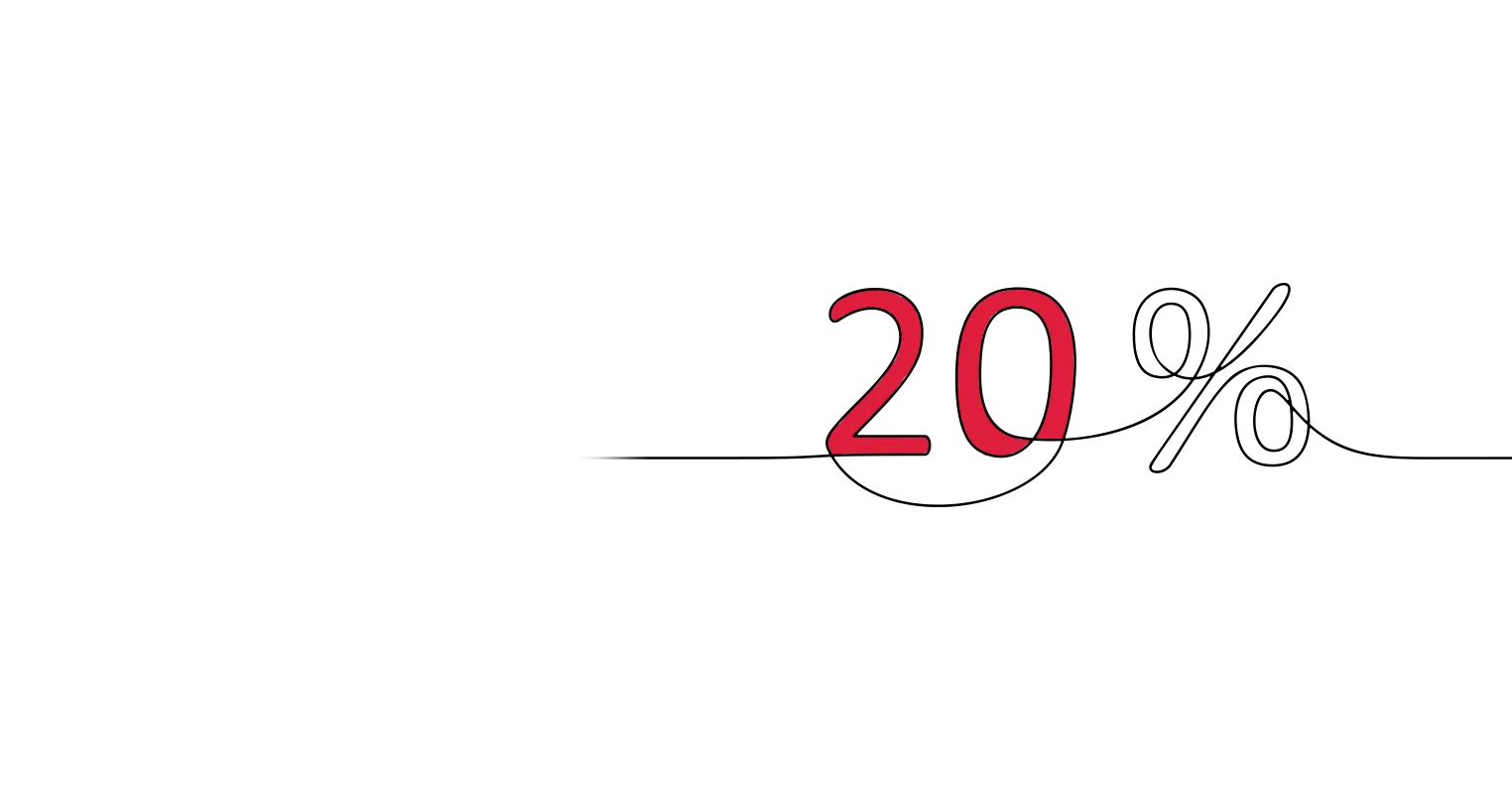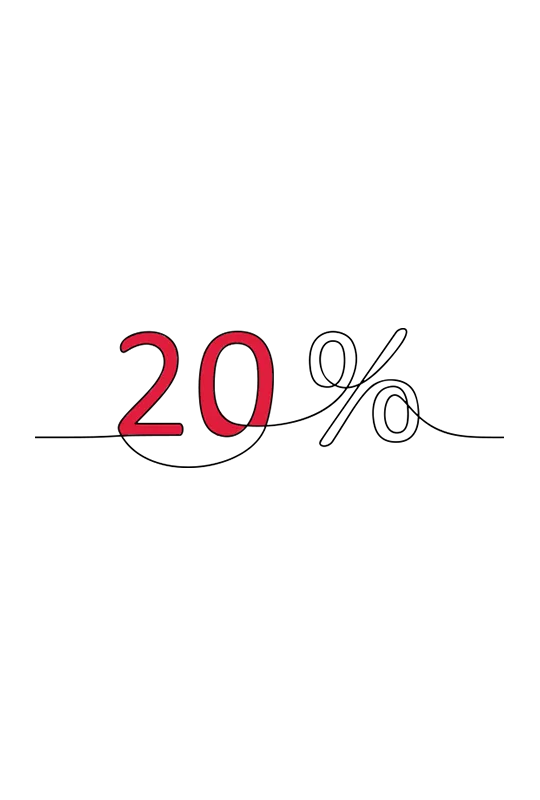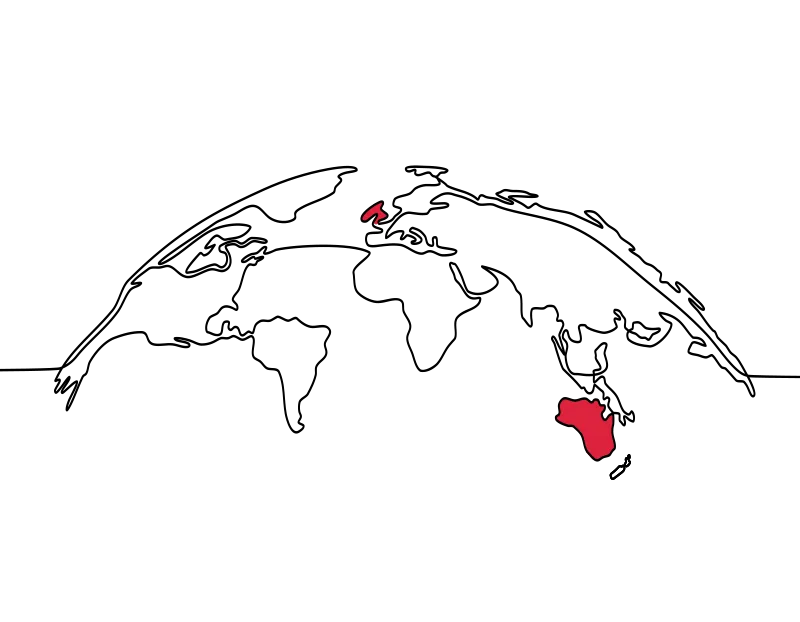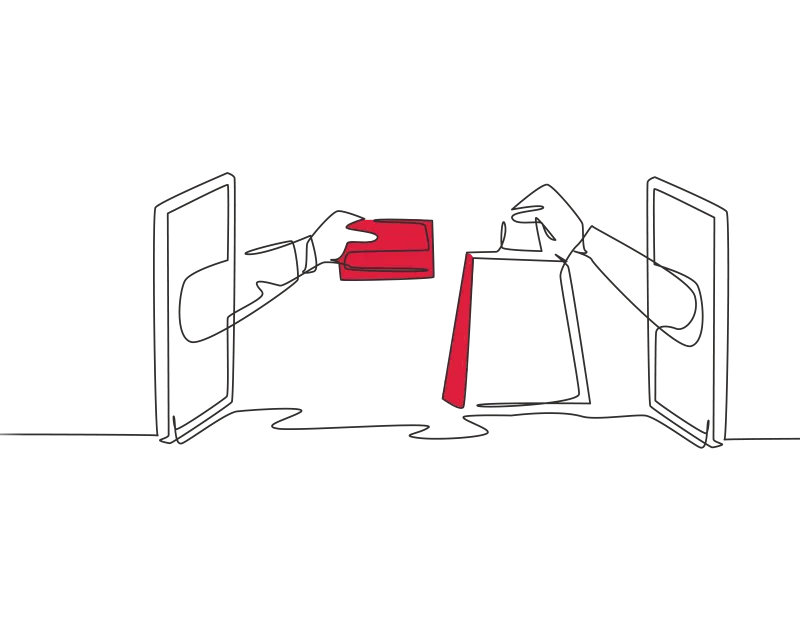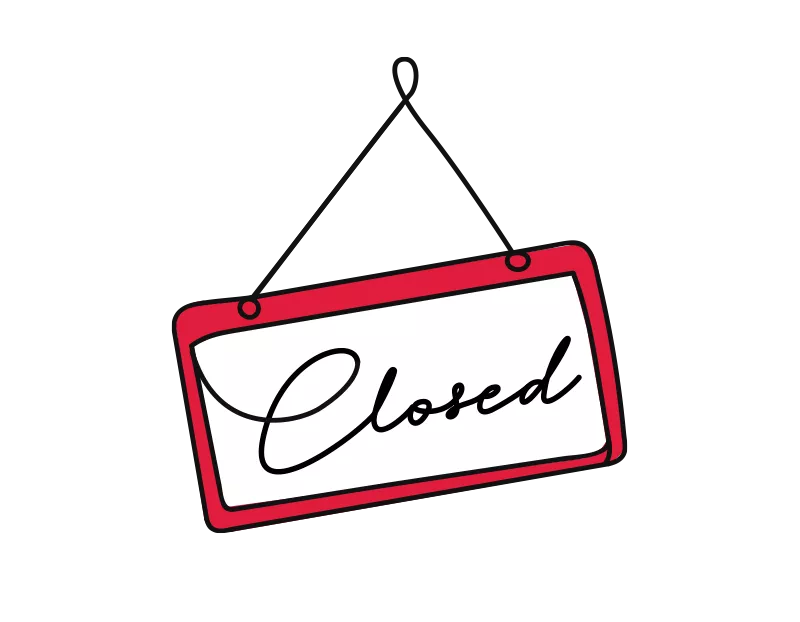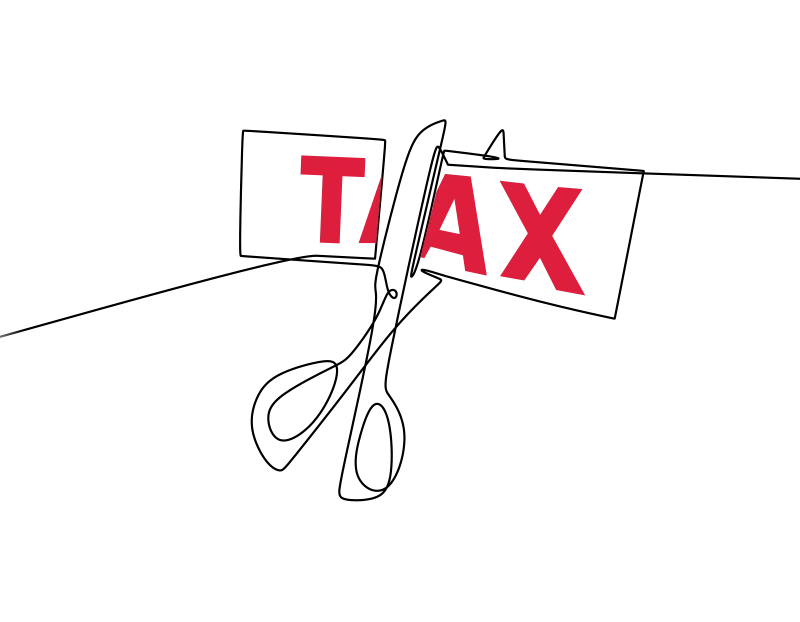What is VAT, and when do I need to register?
Value Added Tax (VAT) is a sales tax – however it is a cost to those individuals and businesses not registered for VAT.
It is compulsory to register for VAT when:
- a UK based business makes taxable supplies (sales) above a certain threshold.
- an overseas business makes taxable supplies in the UK of any value.
The current threshold is £90,000 of invoiced sales in any 12-month period. Any business which is registered for VAT has to charge VAT on its taxable supplies.
The standard VAT rate is currently 20%. When a business is registered for VAT it must charge VAT at 20% on the value of standard rated sales of goods and services made in the UK. Other VAT rates (5% and 0%) apply in certain specific circumstances.
